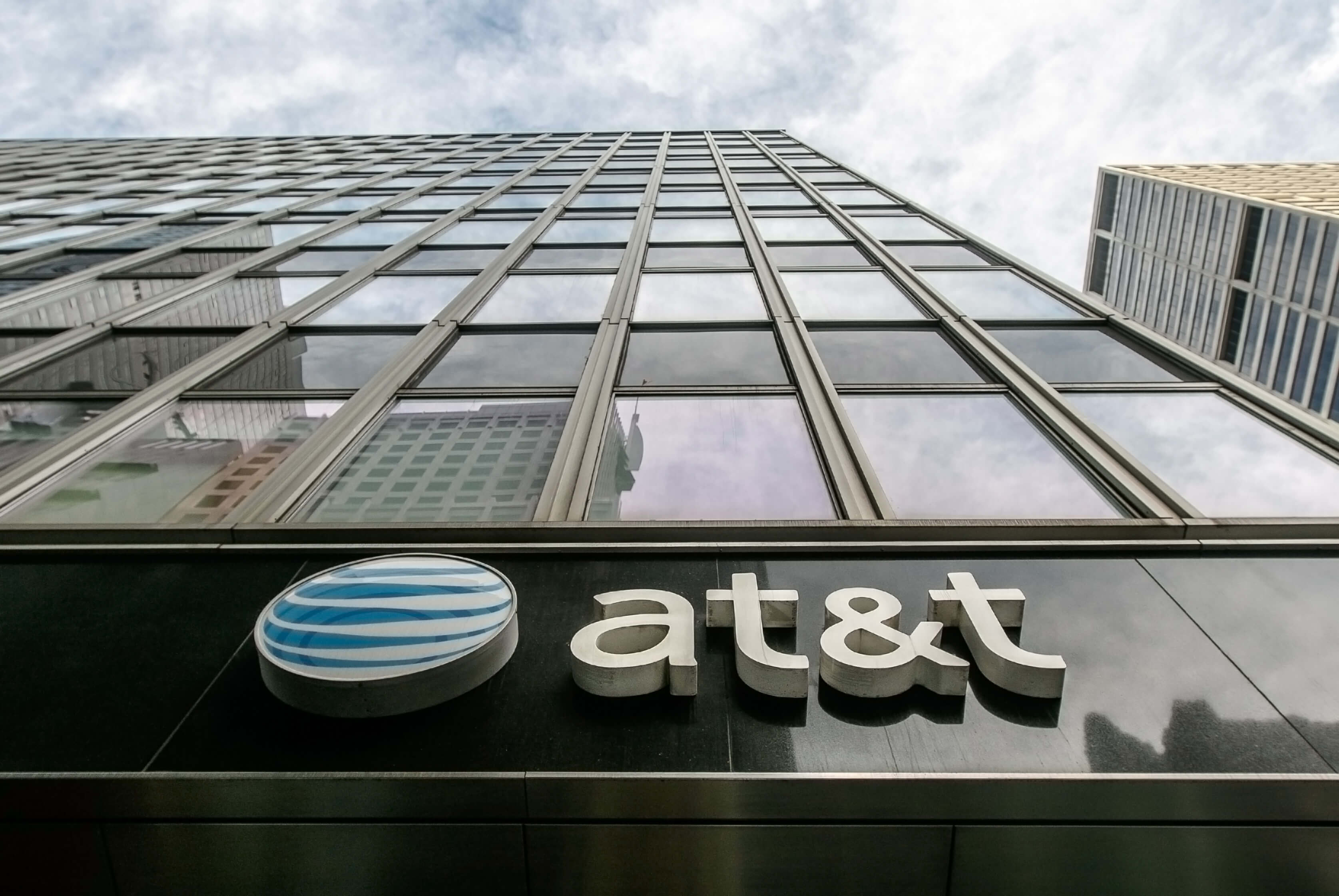DOJ Sues to Block AT&T/Time Warner Merger
 By the C|C Whistleblower Lawyer Team
By the C|C Whistleblower Lawyer Team
Yesterday, the United States Department of Justice filed a civil antitrust lawsuit to block AT&T/DirecTV’s proposed acquisition of Time Warner Inc. The combination would be one of the largest mergers in history and would bring together AT&T/DirecTV’s vast video distribution network and Time Warner’s massive array of popular television programming which includes TBS, TNT, CNN, Cartoon Network, HBO and Cinemax. According to the government, the proposed $108 billion acquisition “would substantially lessen competition, resulting in higher prices and less innovation for millions of Americans.”
See DOJ Press Release.
Dallas-based AT&T is the largest telecommunications company in the world with annual revenues exceeding $160 billion. It is also the country’s largest Multichannel Video Programming Distributor, with more than 25 million subscribers. New York-based Time Warner has annual revenues of roughly $30 billion with its most popular television networks reaching more than 90 million of the roughly 100 million households that subscribe to traditional subscription television.
In its complaint, the government alleges the combined company would use its control over Time Warner’s networks to hinder its rivals by forcing them to pay hundreds of millions of dollars more per year for the right to distribute those networks. The government further alleges the merged entity would also use its increased power to slow the industry’s transition to new and exciting video distribution models that provide greater choice for consumers, resulting in fewer innovative offerings and higher bills for American families.
In announcing the lawsuit, the government attempted to paint a picture of great harm to the American consumer:
- This merger would greatly harm American consumers. It would mean higher monthly television bills and fewer of the new, emerging innovative options that consumers are beginning to enjoy.
- The merger would . . . impede disruptive competition from online video distributors, competition that has allowed consumers greater choices at cheaper prices.
- If permitted to merge, AT&T/DirecTV/Time Warner would have the incentive and ability to charge more for Time Warner’s popular networks and take other actions to discourage future competitors from entering the marketplace altogether.
Some critics of the government’s challenge are speculating that President Trump’s ongoing feud with CNN may be part of the motivation behind the DOJ’s lawsuit. According to a New York Times article on the subject, AT&T’s chief executive Randall L. Stephenson said in a news conference that the government’s action “defies logic, and [is] unprecedented,” referring to the CNN issue as the “elephant in the room.” AT&T’s general counsel David R. McAtee echoed this sentiment, characterizing the lawsuit as “a radical and inexplicable departure from decades of antitrust precedent.” Others such as Gene Kimmelman, the president of consumer advocacy group Public Knowledge, are taking the government’s side, arguing DOJ “has presented a persuasive case that should satisfy any federal judge that this transaction is illegal and should be blocked, regardless of any politics surrounding the deal.”